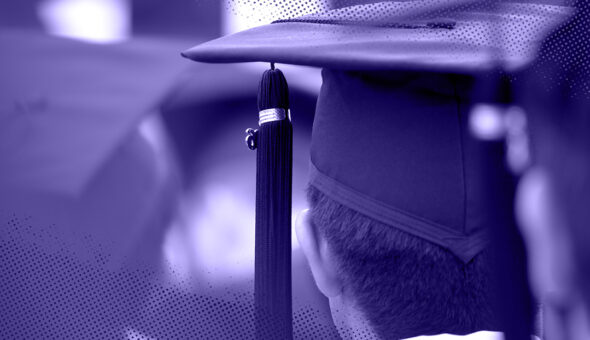Providing Life-Long Support
One of the integral parts of Minerva University as it prepares its students for the challenges of the future is the life-long support of the Coaching and Talent Development team. From their first semester, all students are matched with a MU coach who helps them navigate their Minerva journey. Alumni also have access to coaches, who help them navigate their changing lives and careers.
Rachel Kim, senior coach and global director of coaching and talent development at MU, said she sees the collaboration and integration across the university, including first year’s common curriculum and global rotation, as integral to students’ further success. All MU students have the same cornerstone classes during their first year to build ground knowledge in empirical and formal analyses, multimodal communications and complex systems. Thus, it ensures that faculty, staff and students—although diverse—can “speak the same language.”
Global rotation forces students out of their comfort zones to communicate with external partners and navigate various working environments. Minerva coaches support students each semester in making connections between the skills and knowledge gained in the classroom and testing and nurturing these in the real world through civic projects, internships and volunteer work.
Kim said many students from countries other than the United States choose Minerva University to raise their socioeconomic status. They want to make money and gain skills not just for personal reasons but to support their families and communities. They want to take what they learn and bring it back to their countries, eventually.
However, some students fall in love with the host countries and cultures and choose to pursue their careers or further education in other locations. Among the rotation cities, Berlin is one of the top choices to live after graduation. San Francisco is also high on the list because of the high prevalence of tech graduates within the program.
Regardless of where they settle, students retain the global perspective gained during their time at Minerva. One of Minerva’s first graduates was originally from China. They are now the CEO and co-founder of a banking app designed for people in Mexico who are excluded from the credit system. According to Kim, the university’s global rotations give students a perspective on existing problems outside their home countries and allow them to build international networks
Check out more stories of recent Minerva University graduates here.







